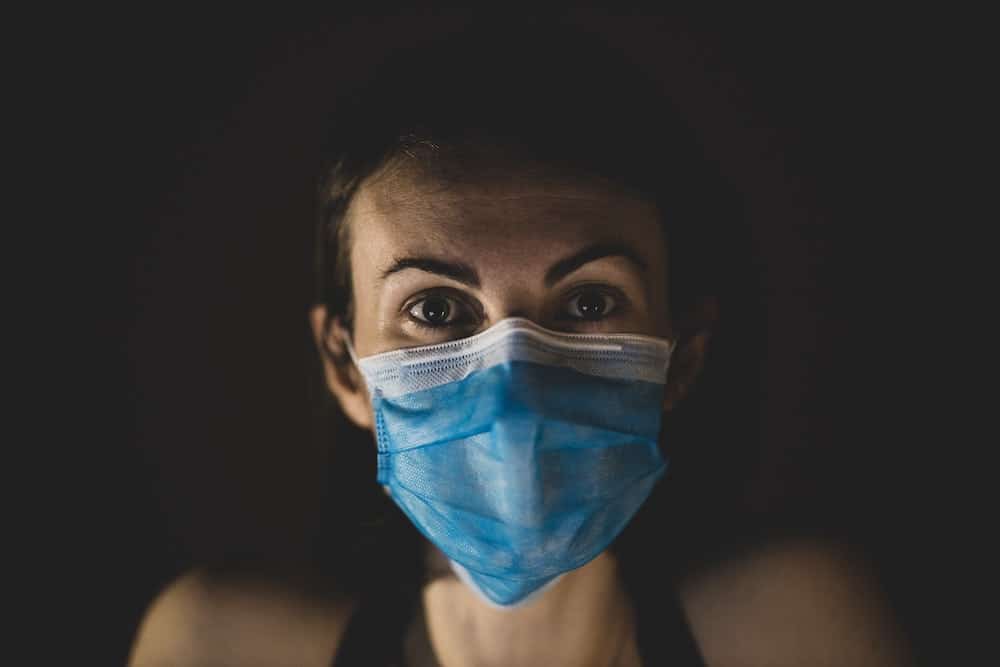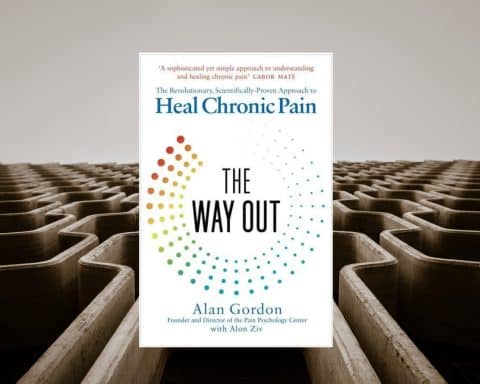Authors: Michaël Rochoy (@mimiryudo), Jonathan Favre (@DrJohnFa) and Thibault Puszkarek (@puszkarek) are general practitioners, ex-chief residents of the university of Lille (@univ_lille @medecine_Ulille). Together with Antoine Hutt, a radiologist specialising in thoracic imaging at Lille University Hospital (@CHU_Lille), they rationalise and encourage the use of anti-postillation screens in France on the website https://stop-postillons.fr (@SPostillons).
With fewer than 8,000 cases and fewer than 200 deaths, the French government decreed the confinement of the population from 17 March 2020. This confinement leaves the possibility to go out (work, urgent care, shopping, to help a dependent relative, for short physical activity) but during these outings, very few people wear masks.
We do not wear a mask to protect ourselves, but we all wear a screen to protect others.
This idea is supported by four studies from 2008 to 2020, showing the effectiveness of a home-made anti-postillation screens, using a tea towel, T-shirt or cotton.(1–4) These screens protect the environment and are better than nothing, in cases of surgical or N95 masks shortages. Using home-made screens allows certified masks to be reserved for caregivers, and generalised wearing of masks does not lead to stigmatisation, contrary to sporadic wearing.
While the anti-postillation screen can protect the environment when worn collectively, it can also protect the wearer by three mechanisms: a filtering effect (1,2) the limitation of manuportage (hand-to-mouth contact), and the social distancing favoured by wearing the screen. On the basis of these arguments, the precautionary principle would suggest that the wearing of anti-postillation screens should be generalised, as the sixth barrier measure in France, given the possibly significant impact on transmission, compared to the low impact on social and economic life.(5)
The 1918 pandemic feedback showed that early public health measures work best.
Finally, the coronavirus pandemic always seems to be ahead. Several countries or regions have made the wearing of face masks mandatory in the public space: Czech Republic (19 March), Austria, Slovenia (31 March), Lombardy, Slovakia (4 April), Canada (6 April), Luxembourg (8 April), Morocco (9 April), Portugal (13 April), Poland (16 April), Saxony (17 April). The US Centers for Disease Control and Prevention (CDC) has been recommending this generalised measure since 3 April; their European counterpart issued the same opinion on 8 April. This measure must be generalised, piloted by the governments. Yet today there is a continued delay for some countries in making a decision on masked containment.
References
1. van der Sande M, Teunis P, Sabel R. Professional and home-made face masks reduce exposure to respiratory infections among the general population. PLoS ONE 2008;3(7):e2618.
2. Davies A, Thompson K-A, Giri K, Kafatos G, Walker J, Bennett A. Testing the efficacy of homemade masks: would they protect in an influenza pandemic? Disaster Med Public Health Prep 2013;7(4):413–8.
3. Bae S, Kim M-C, Kim JY, et al. Effectiveness of Surgical and Cotton Masks in Blocking SARS–CoV-2: A Controlled Comparison in 4 Patients. Ann Intern Med [Internet] 2020 [cited 2020 Apr 8]. Available from: https://annals.org/aim/fullarticle/2764367/effectiveness-surgical-cotton-masks-blocking-sars-cov-2-controlled-comparison
4. Ma Q-X, Shan H, Zhang H-L, Li G-M, Yang R-M, Chen J-M. Potential utilities of mask wearing and instant hand hygiene for fighting SARS-CoV-2. J Med Virol 2020;
5. Greenhalgh T, Schmid MB, Czypionka T, Bassler D, Gruer L. Face masks for the public during the covid-19 crisis. BMJ [Internet] 2020 [cited 2020 Apr 10];369. Available from: https://www.bmj.com/content/369/bmj.m1435
6. Bootsma MCJ, Ferguson NM. The effect of public health measures on the 1918 influenza pandemic in U.S. cities. Proc Natl Acad Sci USA 2007;104(18):7588–93.






